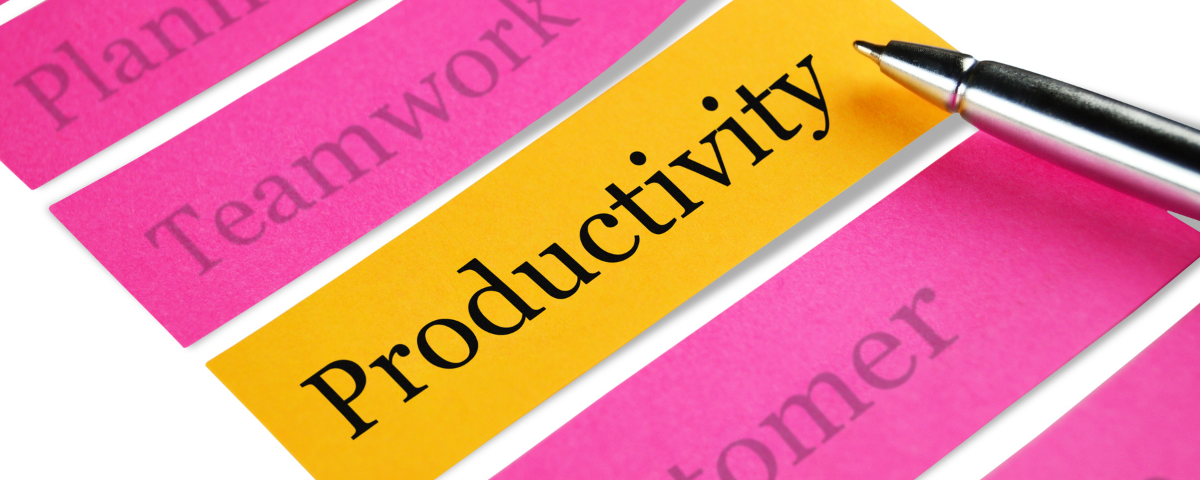In our everyday lives, I bet you are also trying to be more productive and achieve your full potential in whatever area of life you strive for. Whether in the workplace, the academic environment, or any other setting, it’s crucial to have intense concentration and focus to be productive. Today we will discuss ways to increase productivity.
Yet, despite its importance, productivity often takes a lot of work to maintain. This article will discuss how to be more productive in whatever part of life one chooses to focus on.
What is productivity?
In short, productivity measures how efficiently and effectively a person or organization can use resources to accomplish a task or goal.
In the workplace, productivity can be measured in terms of output or the rate at which something is produced or completed. In the academic environment, productivity may be measured in terms of grades or the amount of knowledge gained in a given period.
No matter the setting, you would agree that productivity is a key ingredient in achieving success.
Toxic productivity
While striving for a high level of productivity is important, it is also essential to be aware of what is known as ‘toxic productivity’.
This term explains when productivity becomes an obsession and takes over one’s life. It can lead to extreme stress, exhaustion, and in severe cases, burnout. Therefore, it’s critical to be mindful of how much time and effort is devoted to any given task or goal and to take breaks and maintain a healthy balance.
And how can we do that? Well, by constructing good productivity management.
Productivity management
Productivity management is all about finding the right balance between productivity and rest. It’s about finding the right strategies to manage your time and resources to achieve the best possible results.
This includes setting realistic goals, taking breaks, getting enough rest, and knowing when to focus and when to take a break. By mastering the art of productivity management, you can be more productive and efficient in whatever part of your life you choose.
So, without delay, let’s understand ways to increase productivity in our routine.

Ways to increase productivity
Whether you’re a student, a professional, or a stay-at-home parent, you can use a few simple productivity hacks to increase your productivity and get more done in less time.
From prioritizing tasks, scheduling your day to setting goals, and taking breaks, here are some simple ways to increase productivity and maximize your time.
Remember, to have a productive day, first, you must find the best practices for your work environment and routine. No one is perfect, and searching for improvement is the first step to a more productive life.
- Try different productivity break patterns: Taking breaks during your work day is integral to staying productive and energized. Try different ways that work best for you, such as the 90-minute work cycle or the Pomodoro technique.
- Don’t focus on perfection: Perfectionism can be a significant roadblock to productivity. Don’t let yourself get bogged down in trying to make something perfect. Instead, focus on finishing the task and move on to the next one.
- Don’t multitask. Prioritize: Multitasking can be counter-productive and take longer to complete tasks. Prioritize your tasks and focus on one at a time to ensure you get things done efficiently.
- Set small and achievable goals: One of the most significant steps in staying productive is setting small and achievable goals. This will help you stay focused and motivated to keep going and complete the task.
- Set yourself deadlines: Set yourself deadlines for each task, so you have a goal to work towards. This will help you stay focused and prevent you from getting distracted.
- Avoid distractions: Eliminating distractions such as your phone and television is indispensable to staying productive. Turn off notifications and put your phone away to avoid getting sidetracked.
- Identify times when you are most productive: Everyone has different times during the day when they are the most effective. Identify when you are most productive and plan your tasks accordingly. Some people work better at night, for example.
Other factors include a healthy diet, a good night’s sleep, often exercise, and so forth. All of these things can help to increase productivity. So, taking breaks, allowing yourself to be imperfect, and prioritizing tasks are all essential to productivity.
Setting achievable goals, giving yourself deadlines, and eliminating distractions are also essential. Finally, it is critical to identify the times of day when you feel the most productive and plan your work around that.
All of these steps will help you become more productive and get more done.

